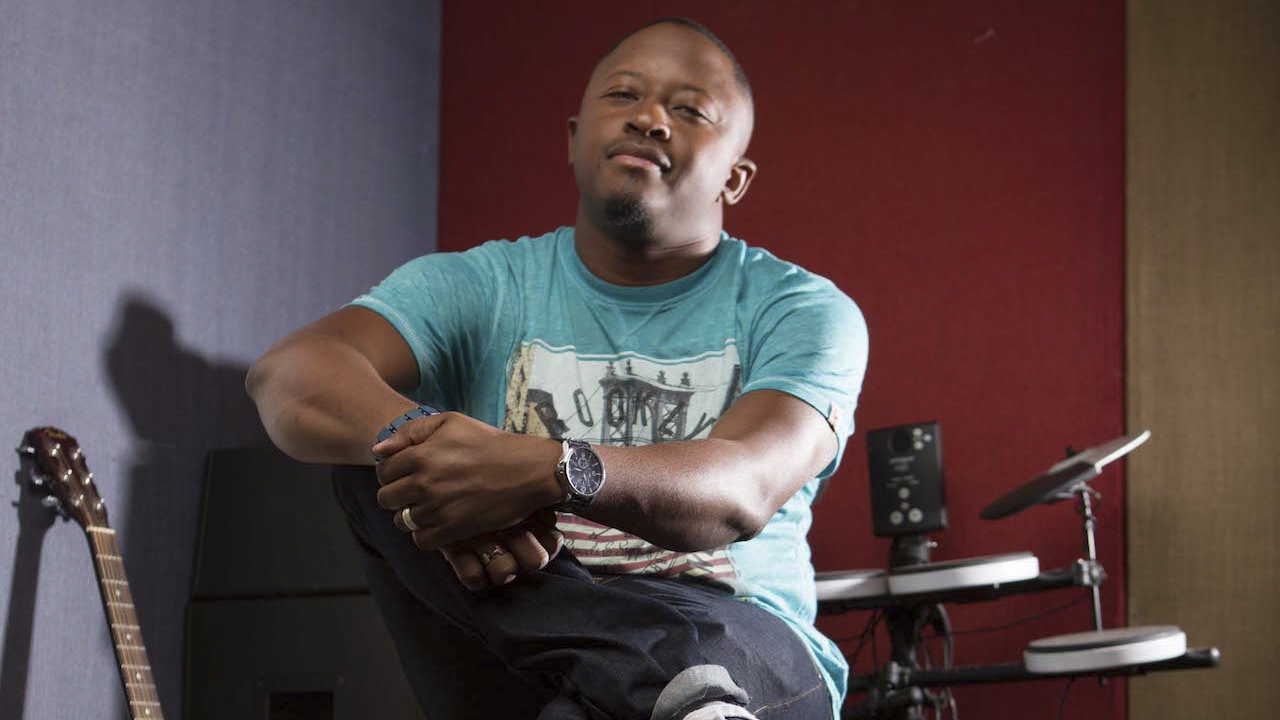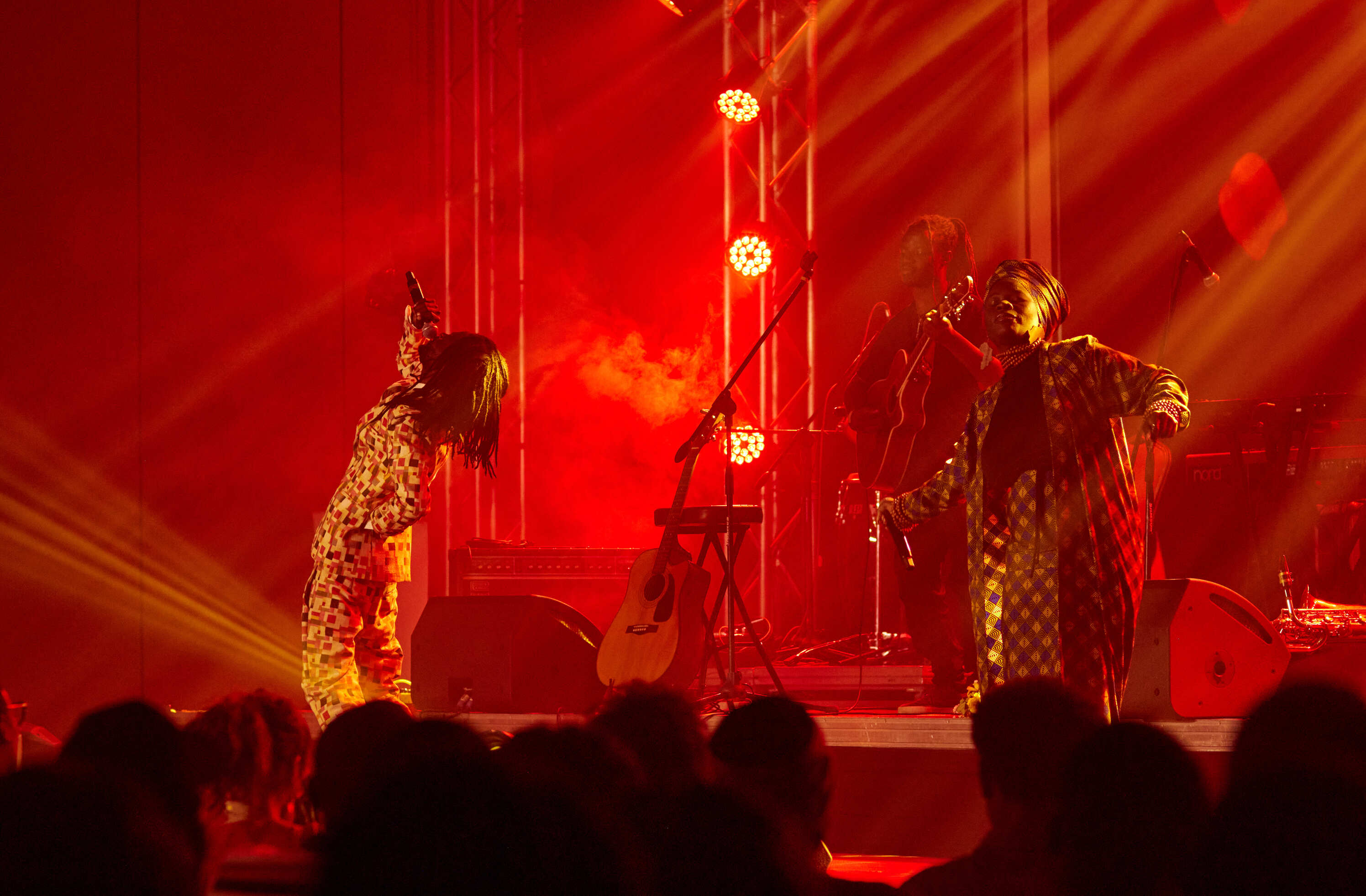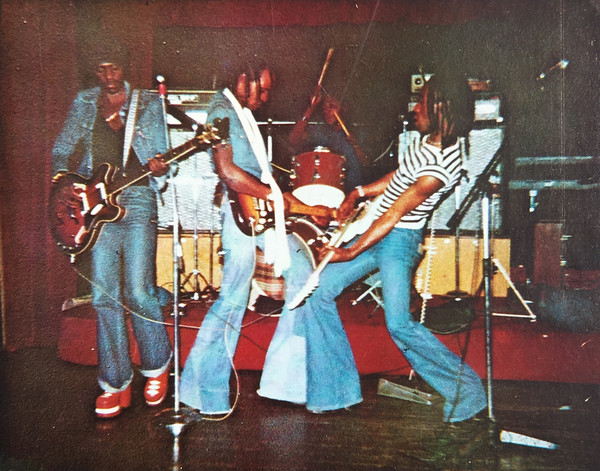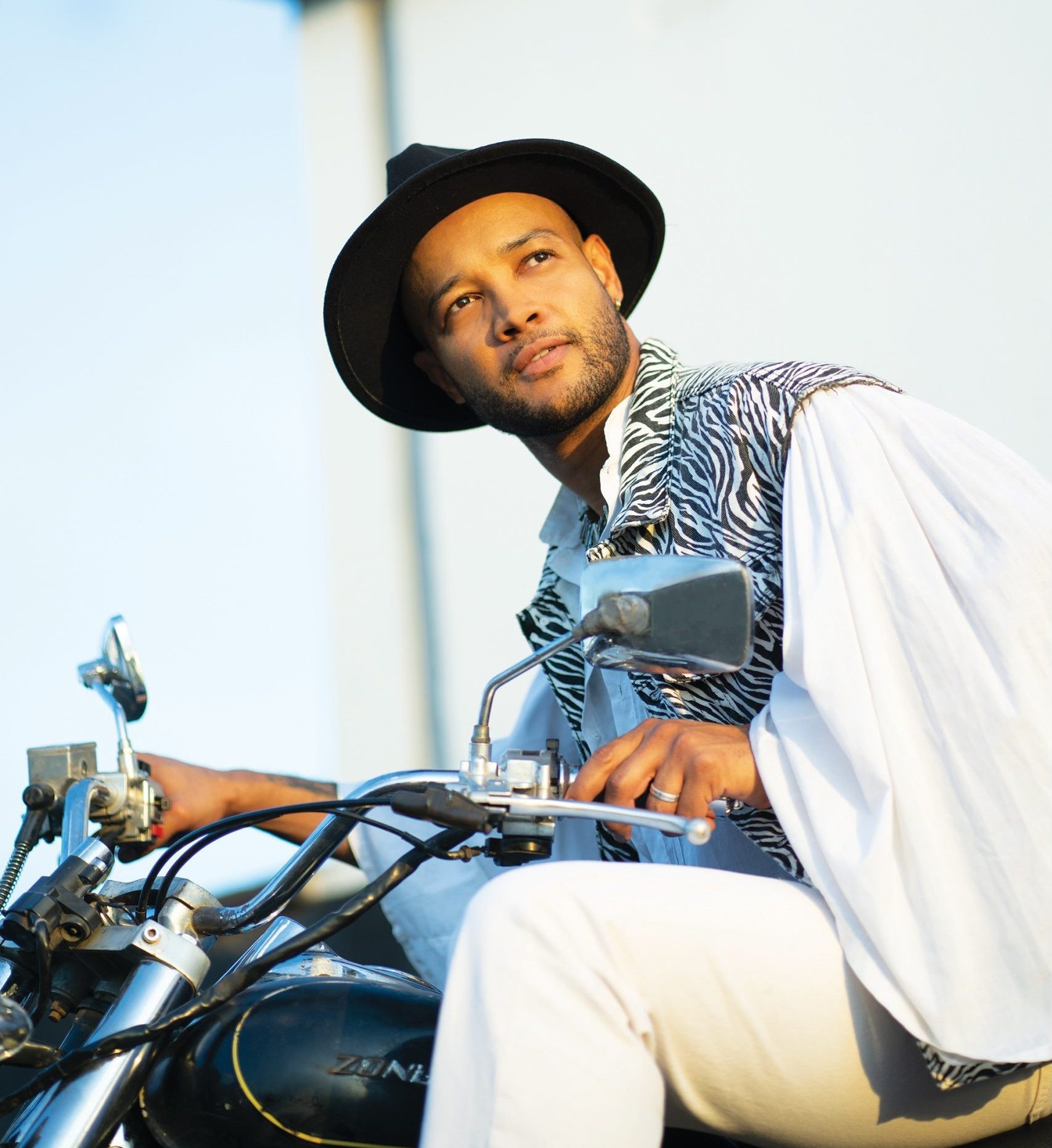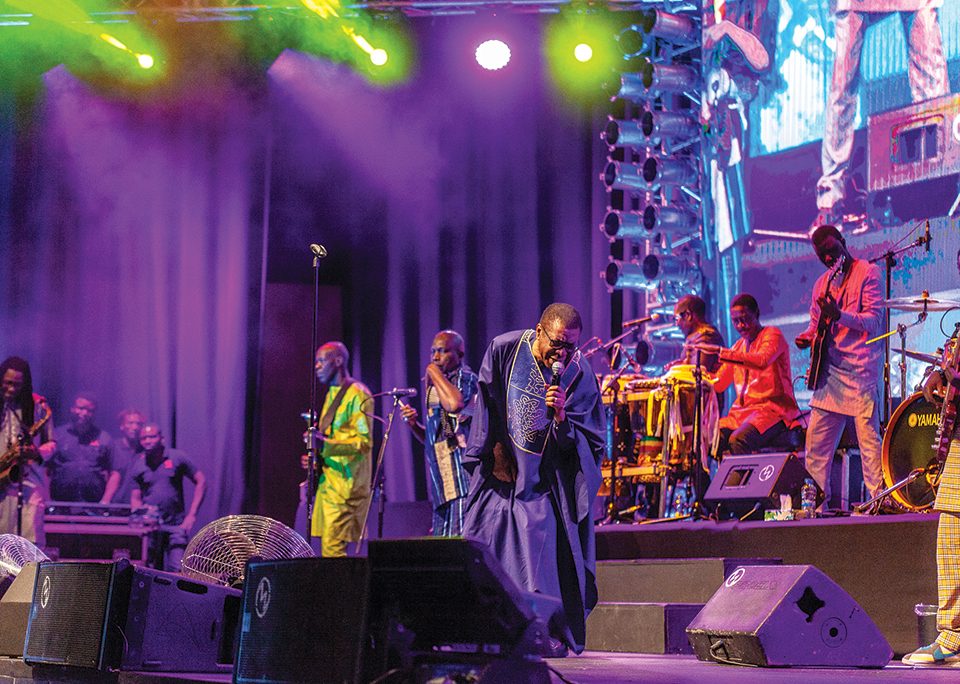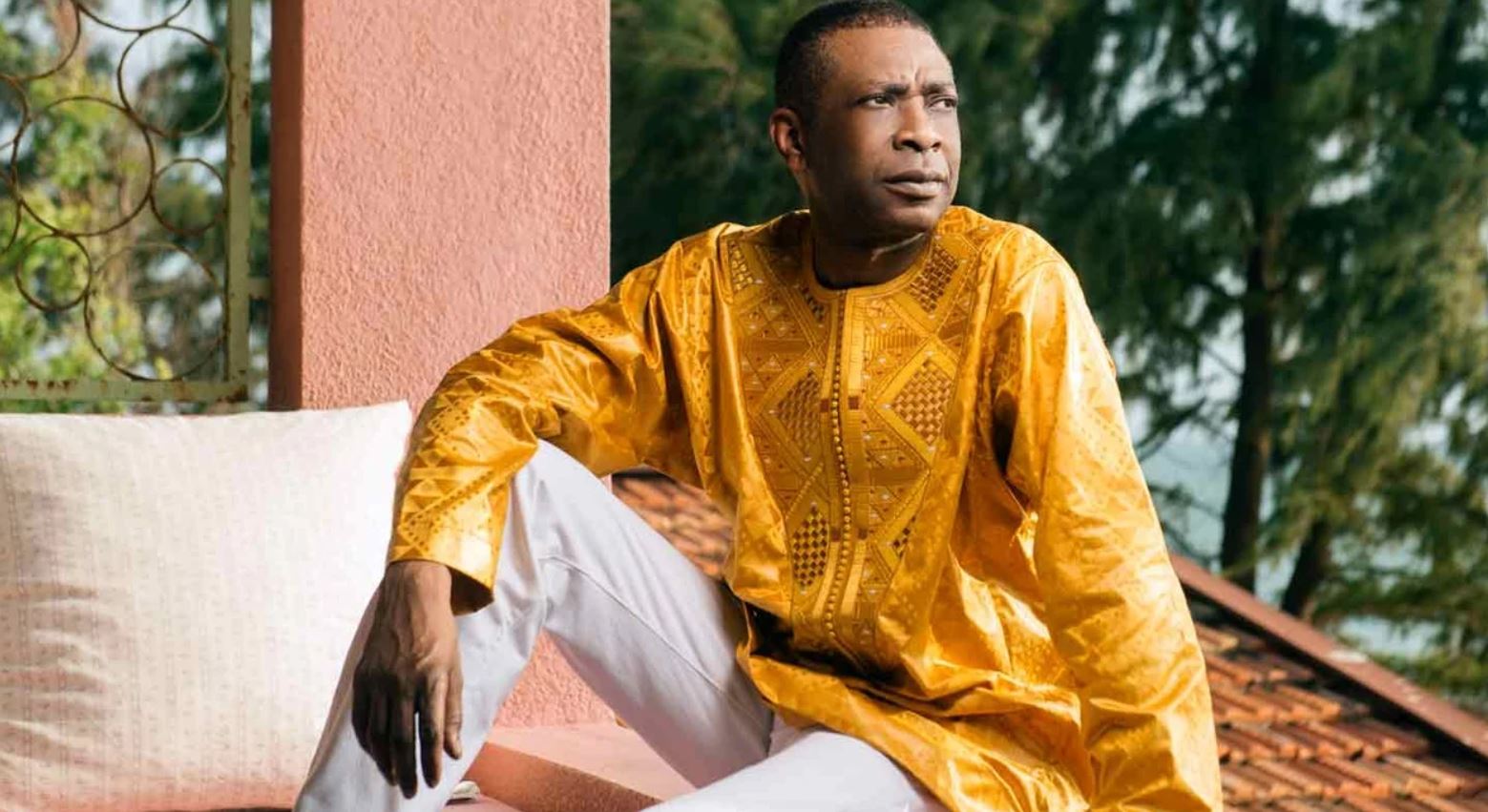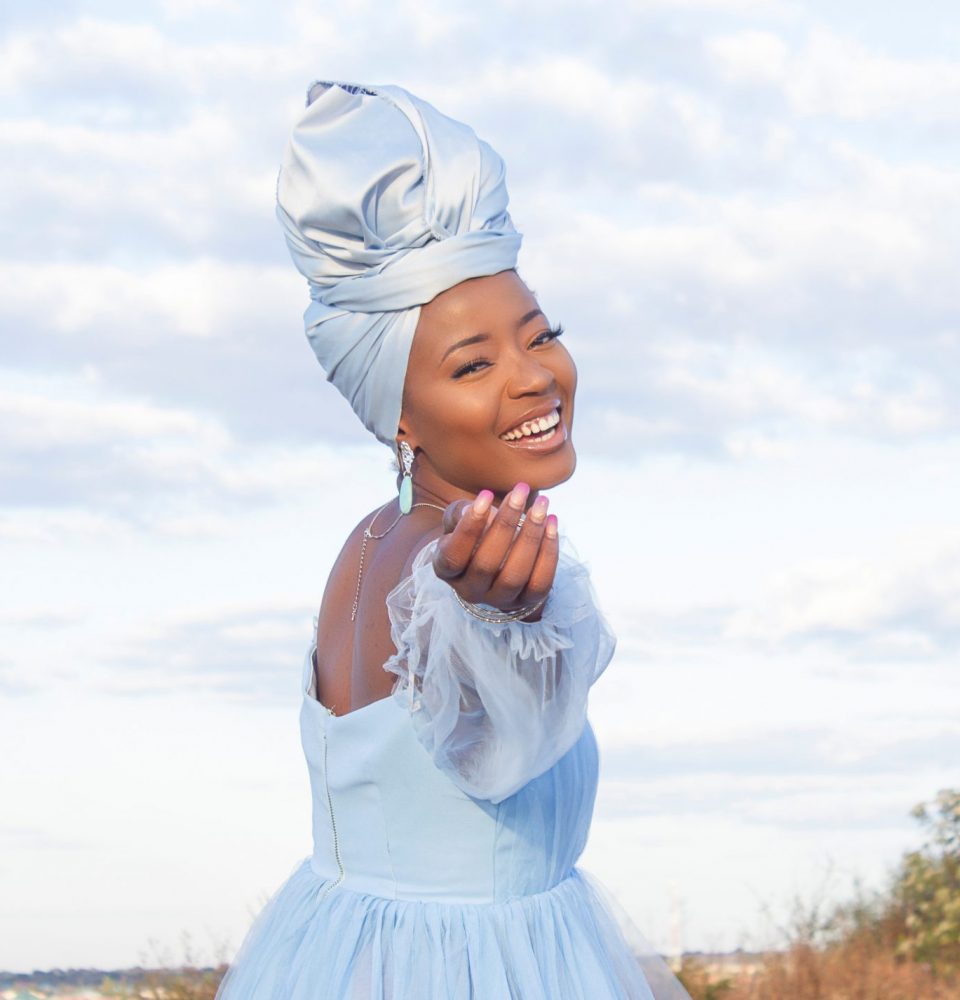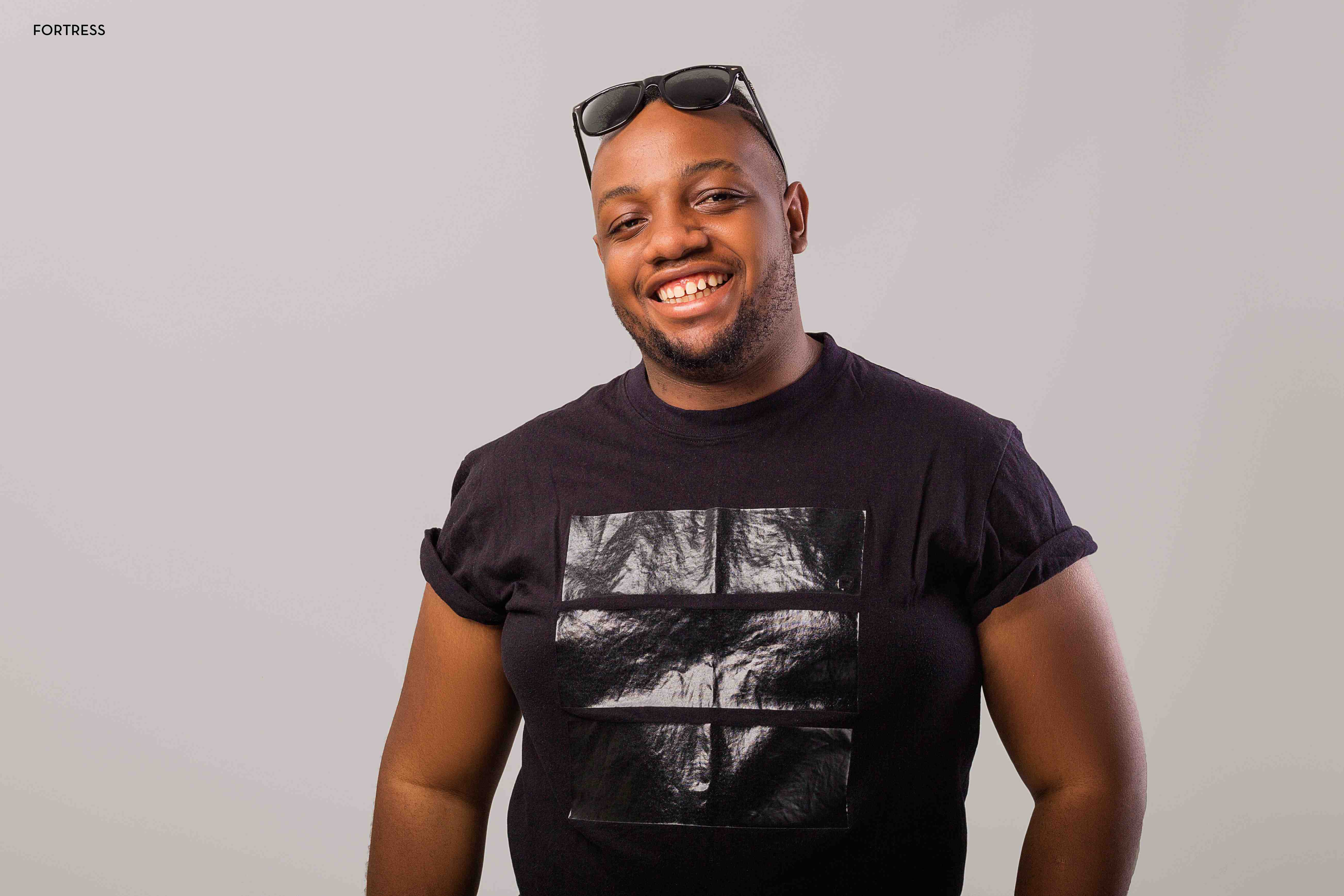The first time I saw Abel Chungu perform live I was convinced one of us was in the wrong place. I was at a comedy show. I had gone to watch our editor perform. So perhaps I shouldn’t have been surprised when one of the country’s most talented gospel artists came on stage before him. To be honest he wasn’t bad. I was just caught off guard. It was one thing to hear a set from the guy who harps on about deadlines and stuff, but to listen to jokes from a guy I only knew as a singer? It was that kind of night.
However, once you sit down to get to know Abel you find its not actually surprising. Many of Abel’s friends speak about his sense of humour and tendency to find the funny side in so many things that happen. Rarely seen without a smile, other than during his now famous social media rants, Abel is as warm and welcoming a celebrity as you will meet.
Depending on your platform of engagement, Abel Chungu Musuka can be described as a church leader, musician, comedian, radio personality and social media presence. He will readily admit that he is many things to many people. To some quiet, and to some adventurous. Funny to some and lazy to others. Though he prefers to describe himself as “an ordinary guy called by an extraordinary God who gets to do extraordinary things.”
This description is a guiding philosophy throughout his life and his career.
Raised as the last born of a blended family, Abel was born in Lusaka but grew up around the world. The child of a former politician cum diplomat Abel’s family spent time in different corners of the globe.
As a child he says he avoided going to Munali Secondary School, his father’s former school, for fear of encountering bullies. Only to find one at Taonga Trust School. Though, he laughs, they ended up becoming good friends.
By his own admission he was not the most focussed person at school. Prone to allowing his mind to drift he often failed to push himself to his full academic potential. “I think I had a crazy imagination. I wouldn’t say I ever had amazing grades. I was often daydreaming.”
Abel’s first entry into the entertainment sector was fresh out of high school as an associate director on local soap opera Kabanana. From there he tried his hand at scriptwriting, wanting to have a greater say in what happened in the story. His time in TV was a time he describes as a great time of discovery.
During his time at NIPA he heard God’s call upon his life to go into ministry. He promptly left for Rhema Bible School in Oklahoma. His specific leading was towards the youth ministry and music, from a young age.
His first music studio experience was at the legendary Romaside studio where he was taken by his older brother Damien. It is at this time that he met Bunty.
“Bunty was the first guy I ever heard that player a style of music that I was very attracted. He was just amazing. He played guitar and had a style of singing that was the first style I ever adopted. It was his style. Very deep and very passionate. And I remember that was where I wanted to go in terms of sound.”
Little known to many, Abel started his interest in music by rapping. He gleefully recounts how he and some friends had produced a demo in three weeks which they intended to send to a record label in America in order to secure a major deal. It was an exciting adventure, until their parents found out.
“When I listen to the album now I kind of cringe. We laugh about it now every time I call the guys up.
“But with music now, it’s always been something to communicate what’s on my heart and what I’m thinking. My disappointments, struggles and everything. And I think that’s what music should be. As artists we should be able to interpret every single emotion through what we write. And I think the hardest part has been adopting a style of music like gospel.
“For me, how I interpret gospel music is very different from how many people would interpret it. And that’s always been the hardest part. Because for me, in the end gospel has always been about the message. It’s not the sound or a certain style. So when we started doing our thing there are certain music where people would be like, ‘oh yeah, that’s gospel’. And certain music where people would be like, ‘well, that doesn’t sound like gospel.’ And I realised it was a problem, because in someone’s mind set they have preconceived definitions.
“And I think that’s what has disconnected us so much with every generation. We often traditionalise gospel music. We make it into a genre. And then we say gospel music sounds like this. And because we say gospel music sounds like this anything that doesn’t sound like that isn’t gospel music.”
He explains the history of the use of instruments in the church and how attitudes towards them have changed from just a few decades ago. It is difficult to reach any conclusion other than that Abel is not only passionate but well versed in his Zambian gospel music.
“The power is in the message. The sound will fade. The sound will become old at some point. What sounded hot yesterday you’ll quickly see the errors.”
It is this same passion that has allowed Abel to push forward and forge a successful career. Though the path has not been without its setbacks.
“People always approach you like it’s a hobby until you get serious about it. And for others they’ll question it. Call you ‘that ka guy who plays the guitar.’ But then you actually get into a studio and put that talent to use. And people will realise that you’ve taken your dream seriously, then the next thing is people will be like, ‘wow, I want to hear more of you.’ And they will even be willing to pay for what you have. Because you took a step of faith and made your dream a reality. There were times when some of these songs I sing…I wrote them years ago. There were times I would be sitting at Arcades [Shopping Mall] playing and people would be walking by. Now we play for thousands of people and people will come to you and say they’re you’re biggest fan. And there’s nothing wrong with that. But there was a time when people wouldn’t take me seriously until I put pressure to myself and said I must make this dream a reality.”
It is questionable if in fact Abel has made his dream a reality. Such has been his upward trajectory that for many upcoming and struggling artists he is living the dream. For example, the launch concert for his second album was sold out despite him having only released one single from it three months prior. And even then the single hadn’t topped any charts locally. Yet the masses turned out in anticipation of a great show.
“They didn’t know the songs but they still came out. They wanted to hear the music. And they had so much trust that whatever we were going to put out would be good. And I loved that.
Winning a 2015 Zambia Music Award on that night was another highlight. It was actually the night that he won in all the categories he had lost out in the previous year.
Abel has in the past come in for some criticism over his decision to perform in places that many gospel artists traditionally steer clear of.
“They say a good musician makes music people want to hear. But a great musician makes music people need to hear. Our music is life and death. Its like life and death is hanging in the balance. Which is why when we sing it we take a militant approach to it. People will ask why are you singing it there? Well, it’s a rescue mission. A life or death situation.”
With his next album, Love Revolution, due to hit the stores in April next year Abel is not resting on any laurels, but rather taking the same attitude towards its preparation.
“This next album I’m working on, I’m almost taking it like it’s my last. I really want to exhaust myself in that I feel it needs to be able to touch everything. I feel whether its issues affecting society like racism or whatever, it needs to touch people.”
It is set to be a collaborative effort with input from Mag 44, Jonathan, a London based Nigerian producer, as well as a more varied range of live instrumentals such as piano and saxophone. Abel hopes the album will present fans with an album that will build upon his previous offerings.
In the booth recording vocals
“Love Revolution is a busy album that I think everything has been building towards. Like if you’ve watched Lord of the Rings, in my head when I work on a project I feel it should feel a movie. It should feel like its building towards something. Like where’s the twist? What’s going to happen?
“The last album came out in 2015, that’s three years. So there’s been a silence but thank God there is still a demand from people. We’ve been doing well online. But everything is like the trilogy. You know what I’m saying? So Love Revolution is like the finale. And people come up to me and ask if it’s the last album. I dunno. I dunno if it’s the last. But it’s like a movie where I’m sending out a message of love and I need people to dissect everything I’m talking about. And that’s three years of a lot of stuff. And it all comes together like boom.”
With 60% of all profits from his next album going to Kayula Childhood Cancer Foundation Abel is putting his money where his proverbial mouth is.
“God is good. That will never change. But I can’t make an entire album just saying God is good. People need to be able to see how good is God? And if we can’t show people that then we will be finding ourselves in the same situation every day.“
As well as his ministry, Abel holds interesting views on the current state of the industry and how he feels things can improve.
“What we lack now is an industry and a market. The artists right now are fighting for rights so we can have a conducive market. I think what we need is a big player to come in and say we’re going to pump in this amount of money in to the industry, but first things need to change. The problem is, the music industry makes a lot of money but it’s not functioning because there is no conducive market. So the amount of money I spend in a studio, how do I make it back? If I invest in something, I want to sell it. First of all, where will I sell it? Because we have a market used to getting the product for free. So what do you do? Either you cheapen the product or you find try reduce the demand.
“But there is also the problem that the distributors wants a share of the profit. If I take my product to this record store, they want 50%. It’s my creativity, it’s my time, it’s me who paid the studio. But they want half. The mobile providers sometimes want as much as 60% if you’re using it as a caller back tune. Then they have an agent. And you think, if you’re taking 60% what do you need an agent for? Then the agent, because he is your only connection will ask for about 40% of what remains. And some will go straight to ZAMCOPS [Zambia Copyright Protection Agency] to get your music from there. And now someone is selling your product without your consent. At whatever price they want to. And that’s the industry for you.
“So now I no longer count fame. I count empowerment. Where people are actually able to get something out. People are actually able to say I made this album and are able to track how it did. They should know if they sold this many copies today. I should not have guys coming to me by my car window trying to sell me a burned copy of my own album. And it’s happening in broad daylight. And I pay K2 for every CD for the [ZAMCOPS anti-piracy] hologram that was supposedly going to protect me. So yeah, the industry is unstable.”
Before he leaves Abel issue a final exhortation to all aspiring artists to arm themselves with knowledge and understanding. Citing his own experiences where he avoided disadvantageous situations because he was able to understand the contracts put before him to sign, Abel is keen to see others avoid that situation.
“There are so many things I’m thankful for that I never signed though they looked so good. So I encourage people, don’t be sold the dream. No one understands what you’re going through. You have to be knowledgeable. Music is not a dumb industry. It’s a passionate thing, but it has the potential to make lots of money, so you must not be ignorant when you want into it.”
Abel’s album releases in April 2018.
